The Whole World is Watching: Franz Böhm’s Dear Future Children
“A film about the next generation, made by the next generation”, the feature documentary Dear Future Children (2021), directed by Franz Böhm, traces the wide ranging youth-led protests against injustices around the world. It follows three young activists in Hong Kong, Chile and Uganda, who are out on the streets battling an enforced occupation, class inequalities under a neoliberal regime, and climate injustice respectively. These three regional contexts open up important conversations about the specific and overlapping forms of historical, social and political violence that characterise the anxieties of the youth about their presence and their future.
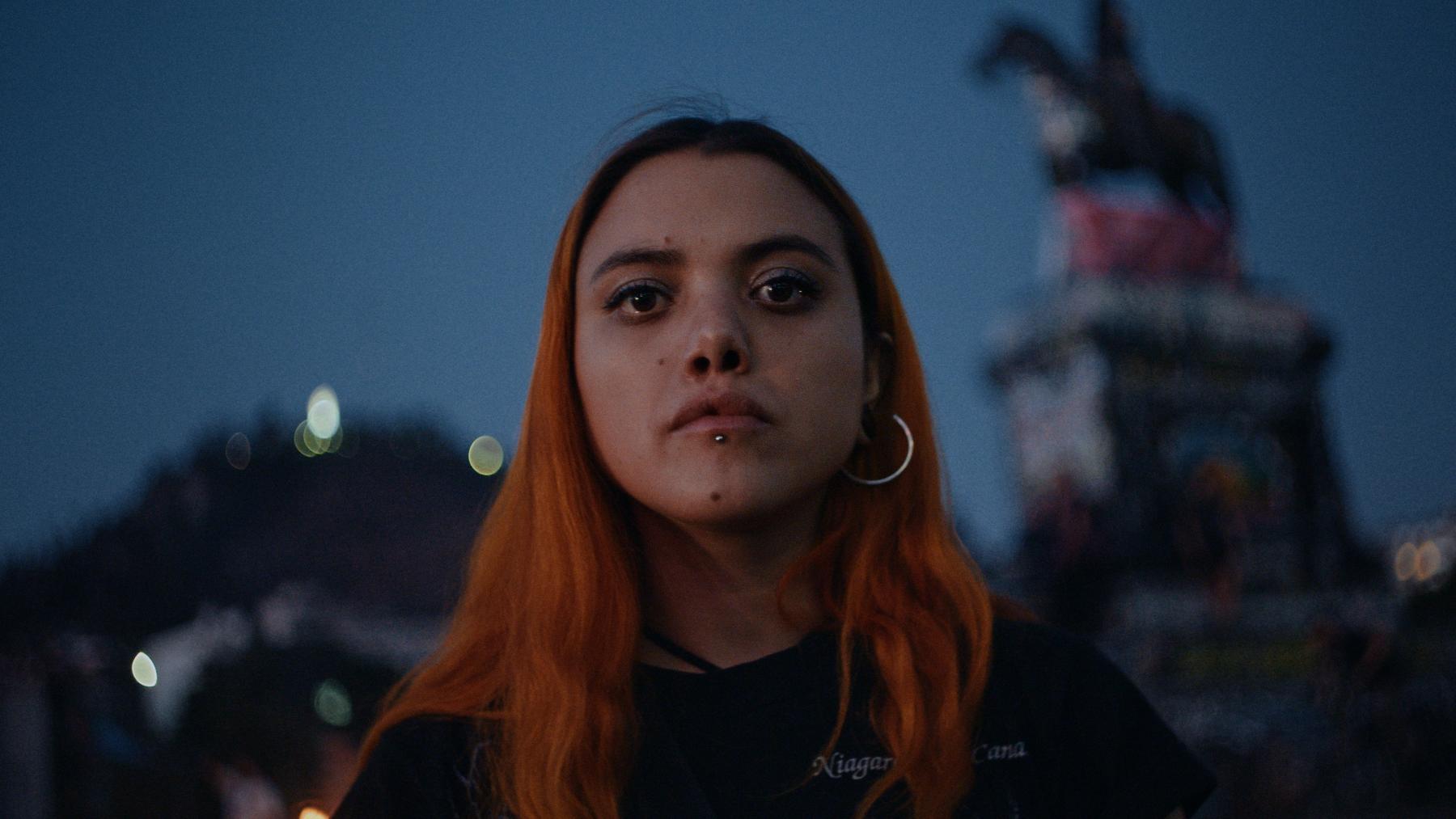
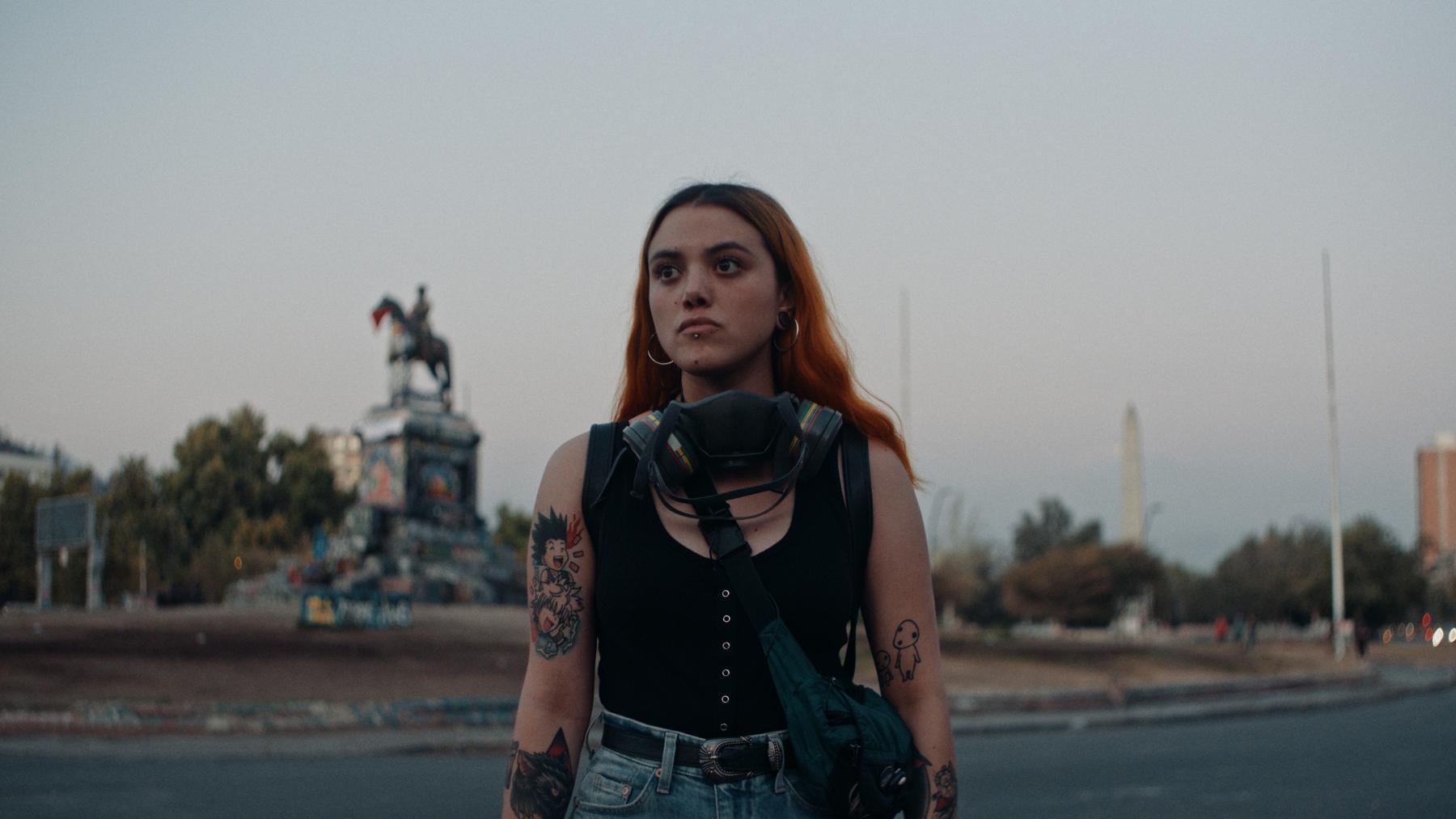
Rayen, Chile.
The piercing panic about the world as we know it today, and what it holds for our future generations, is cited in the very beginning of the film. We encounter Rayen, an activist from Chile, as she talks about the oppression and injustice that the working-class population of her country faces. Basic amenities are privatised and, as a result, are beyond the reach of the most disadvantaged. As Rayen moves through Santiago, we see demands for a just present (and therefore, future) alongside outcries of an imminent revolution imprinted powerfully on the walls of the city in the form of graffiti. Eduardo Galeano’s proclamation that “The walls are the publishers of the poor” quite literally lends itself to such an archiving of the memories of injustices, which the ruling regime tries to suppress. The protesting youth mobilise against the stifling laws, price hikes and rising inflation imposed on them by their government. Rayen recounts the memories of resounding protests led by the student-youth of Chile against such systematic changes where the lives of the country’s poor and the oppressed become more and more precarious with each passing day. Every participant seems convinced by their outcry of “El pueblo unido jamas sera vencido (The people united shall always be victorious)” and that the neoliberal regime in Chile shall soon see its death.
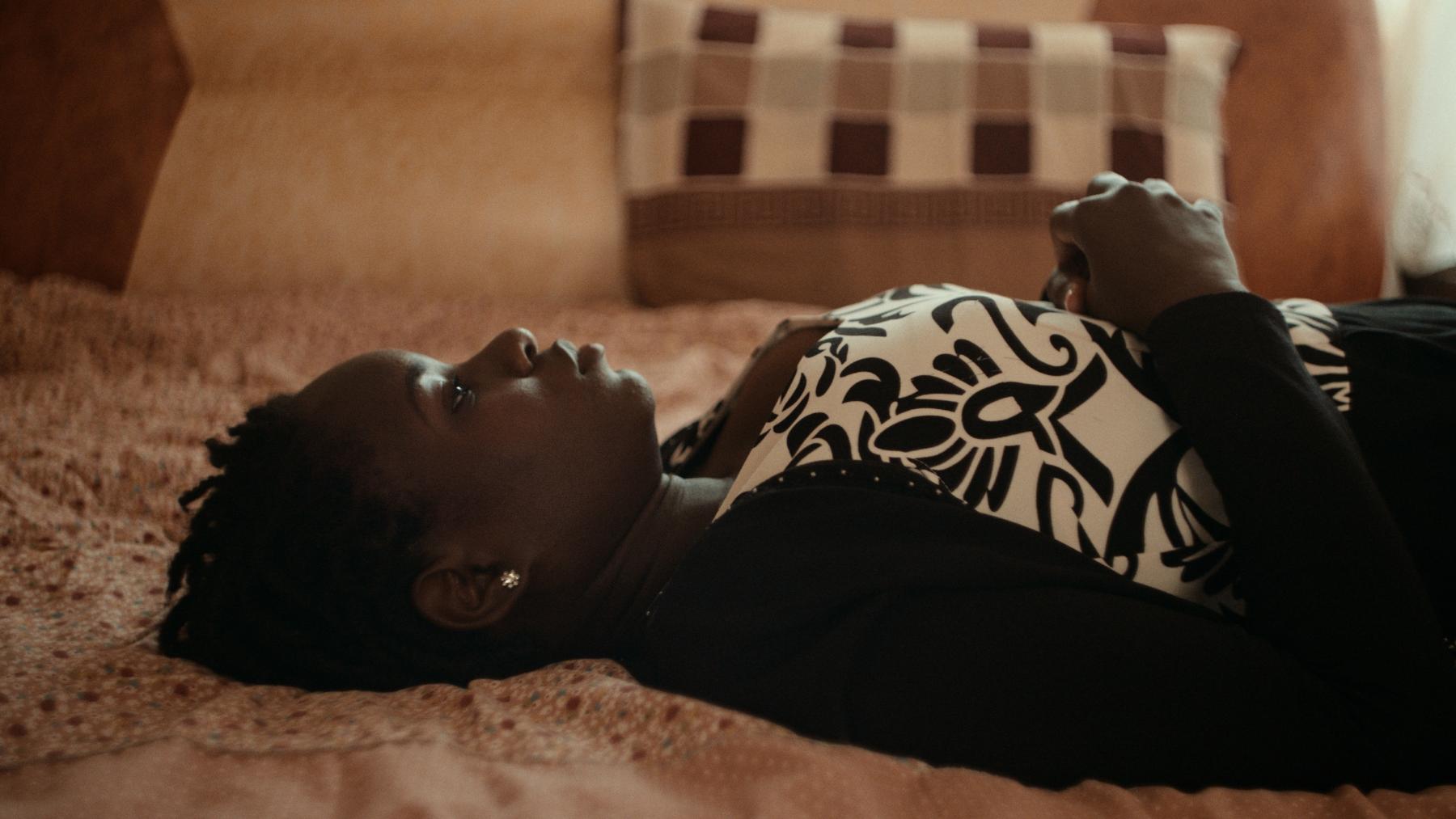
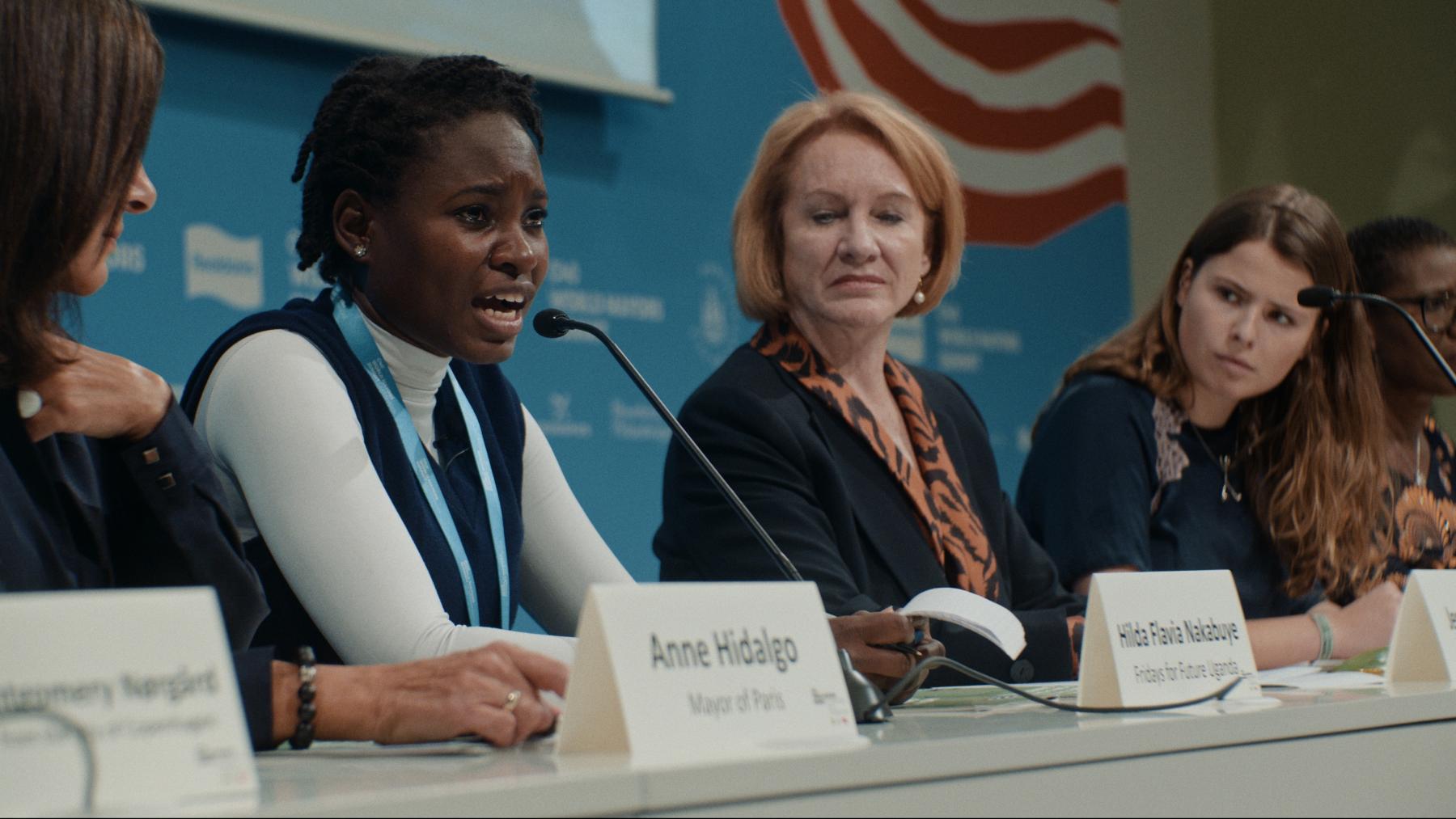
Hilda, Uganda.
This sense of optimism in protecting the future finds echoes in Hilda’s narrative. A 22-year-old student and climate activist from Uganda, Hilda’s primary motivation for protesting against the climate injustices that her country is facing today is to ensure that future generations do not have to face the same struggles that she did as a child. Growing up on a plantation with parents who were farmers, she saw the drastic effects of climate change firsthand. Extremes such as heavy rainfall, lack of rainfall and rising temperatures destroyed not only the crops but traditional harvest patterns and livestock, leading the family into a dire struggle for survival every day. It got progressively worse with each passing year. Many families lost their homes and livelihoods, and hundreds were dead. Asked why she is a climate activist, and not a minority rights activist, Hilda replied that she wanted to bring attention to climate change because it concerns everyone regardless of their social status. A part of the campaign “Fridays for Future,” she especially wanted to inspire the youth to take climate change seriously, and to think about the essential connection between education and climate justice.
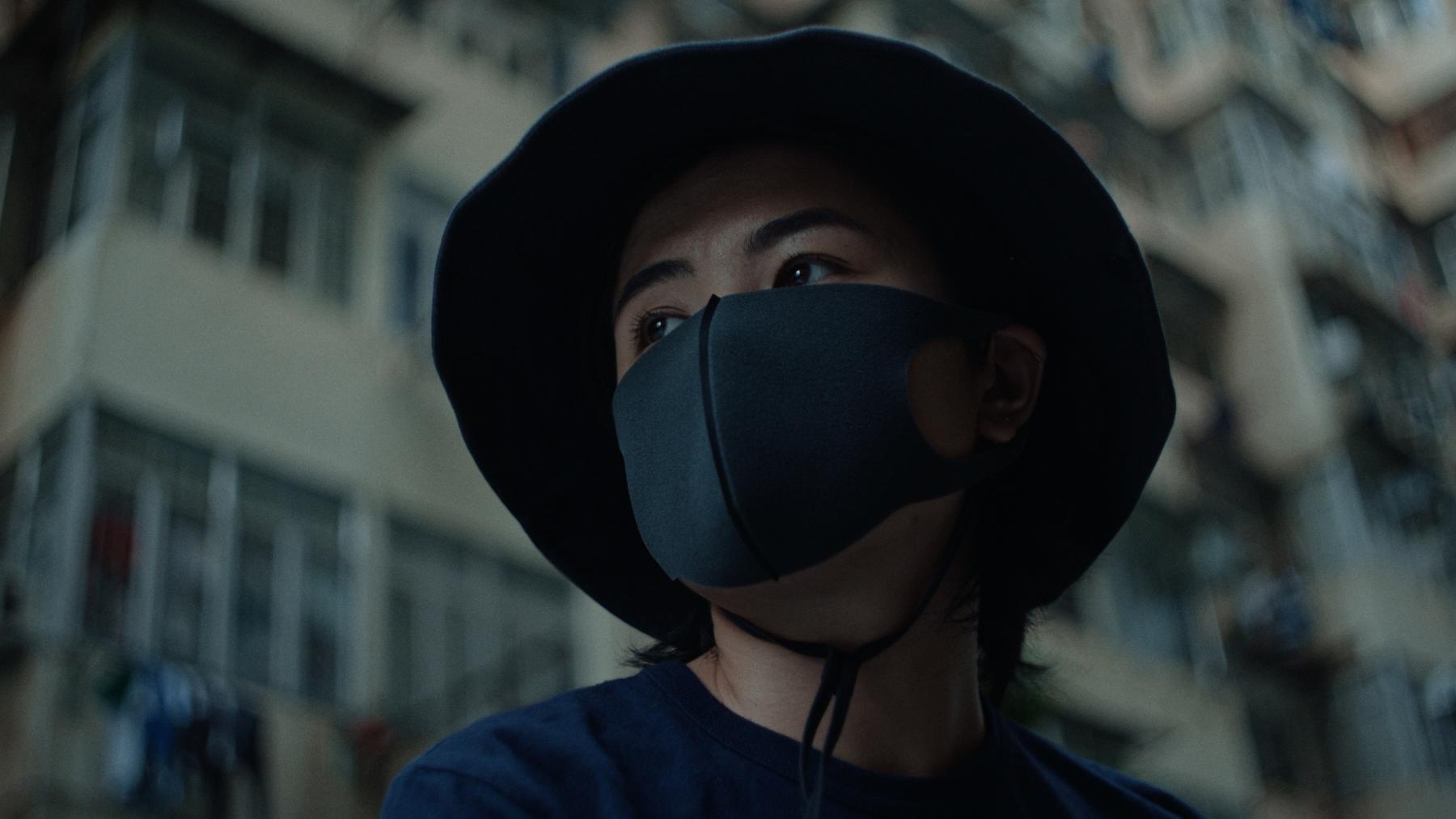
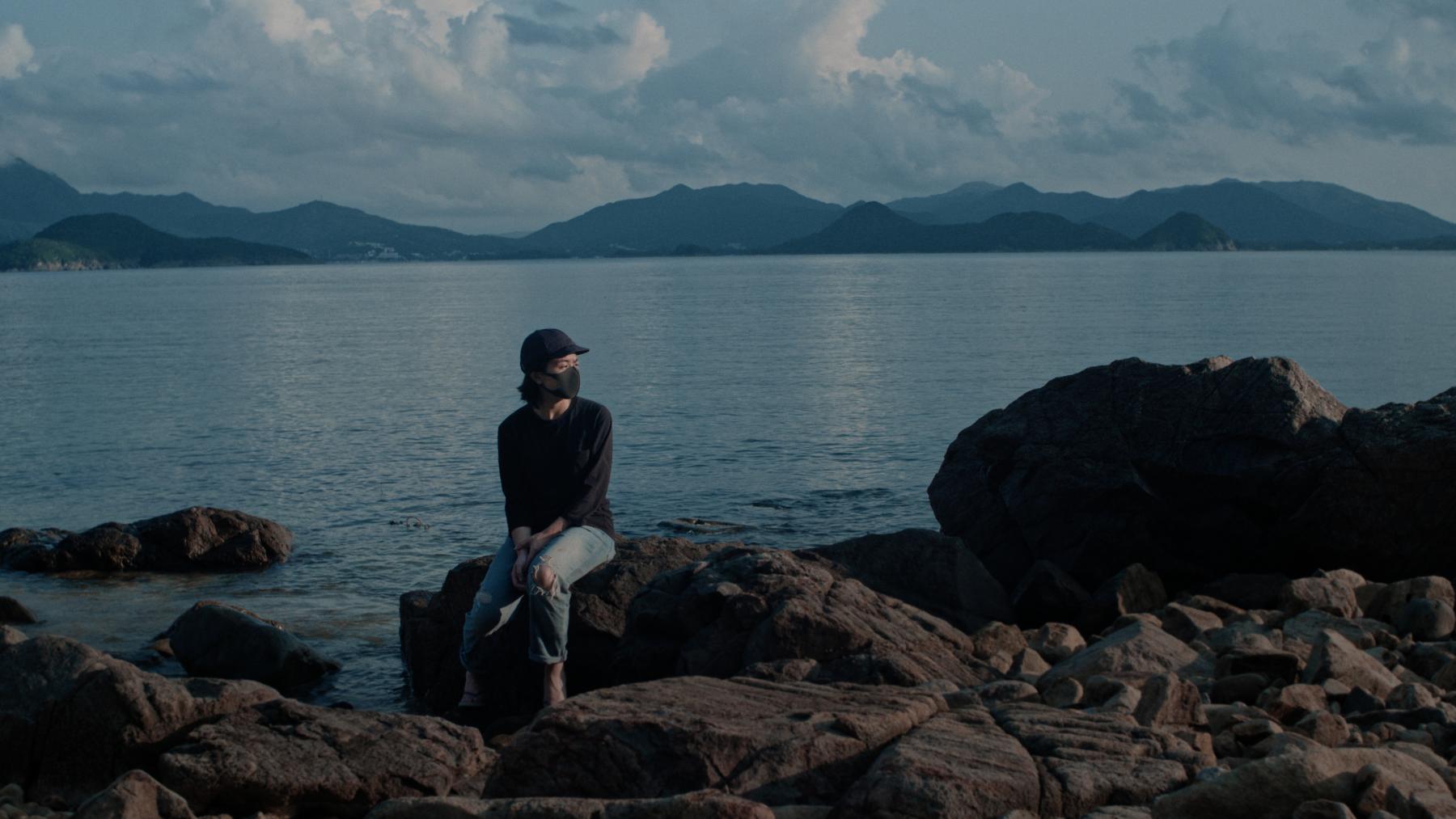
Pepper, Hong Kong.
The third protagonist is Pepper, an activist from Hong Kong, who is fighting for its liberation. She believes that the love and care one has for home is more important than the success of a movement. The fight for free speech, democratic values and dignity for the inhabitants and citizens of Hong Kong continue to find meaning in the multiple protests that the recent decades have witnessed. The current situation in Hong Kong connects as much to its colonial handover of power from Britain to China, as it does to the future generations yet to inhabit it. The representatives of government, the police force, and other hands of the state machinery wish to ensure the introduction of new rules like the controversial extradition bill. This resulted in large scale protests as there were fears that it might lead to the extradition of citizens of Hong Kong to China on the basis of certain accusations in order to quell forms of political dissent. In the face of brutal repression, torture and unbridled arrests, Pepper is mature enough to continue to be careful in her participation within the protests. She understands the value of freedom and of sustained resistance. In her narrative, we get a deeper insight into the psyche of a frontline activist—their guilt, apprehensions, fears, contradictions and motivations.
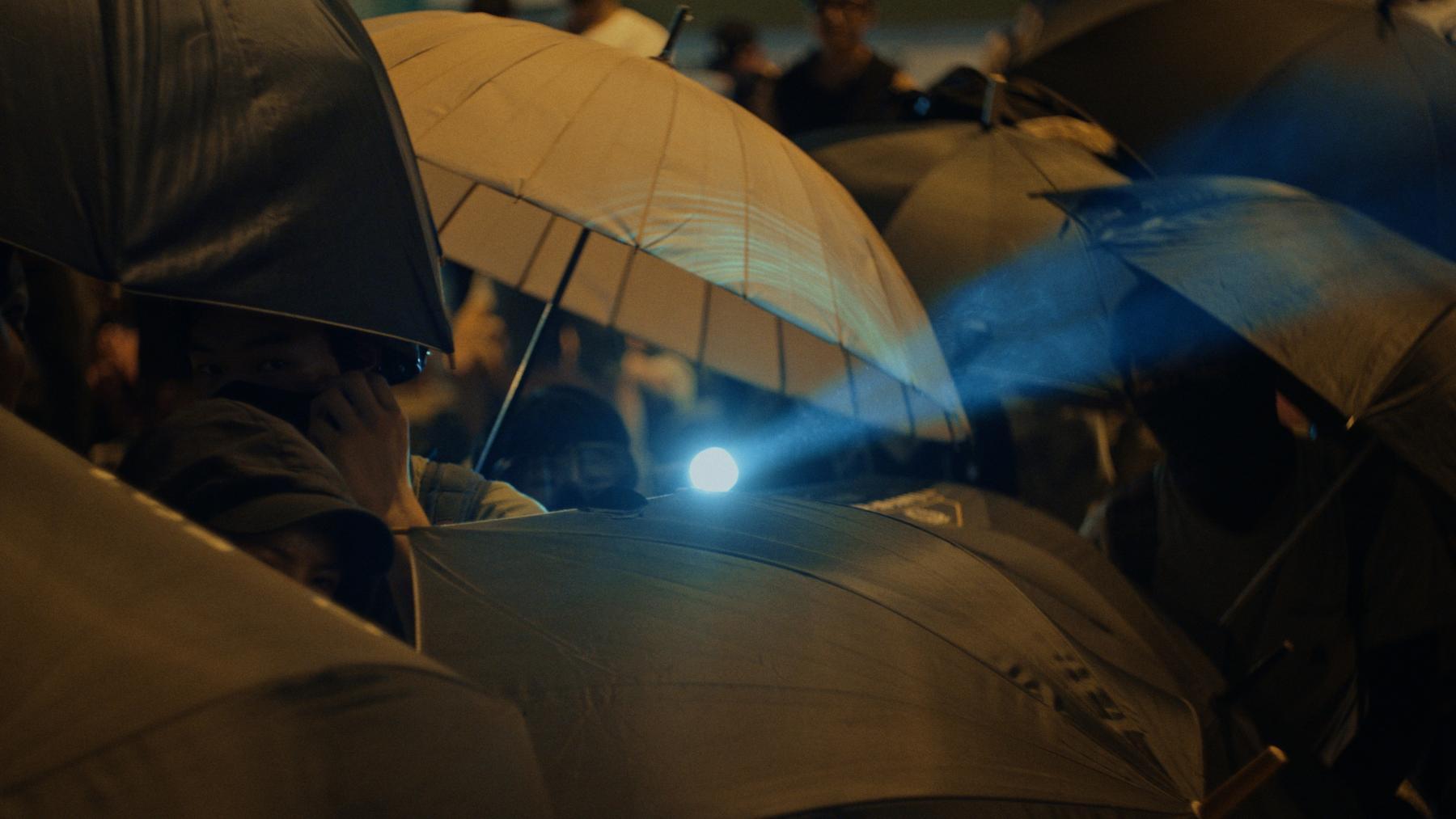
Protests in Hong Kong.
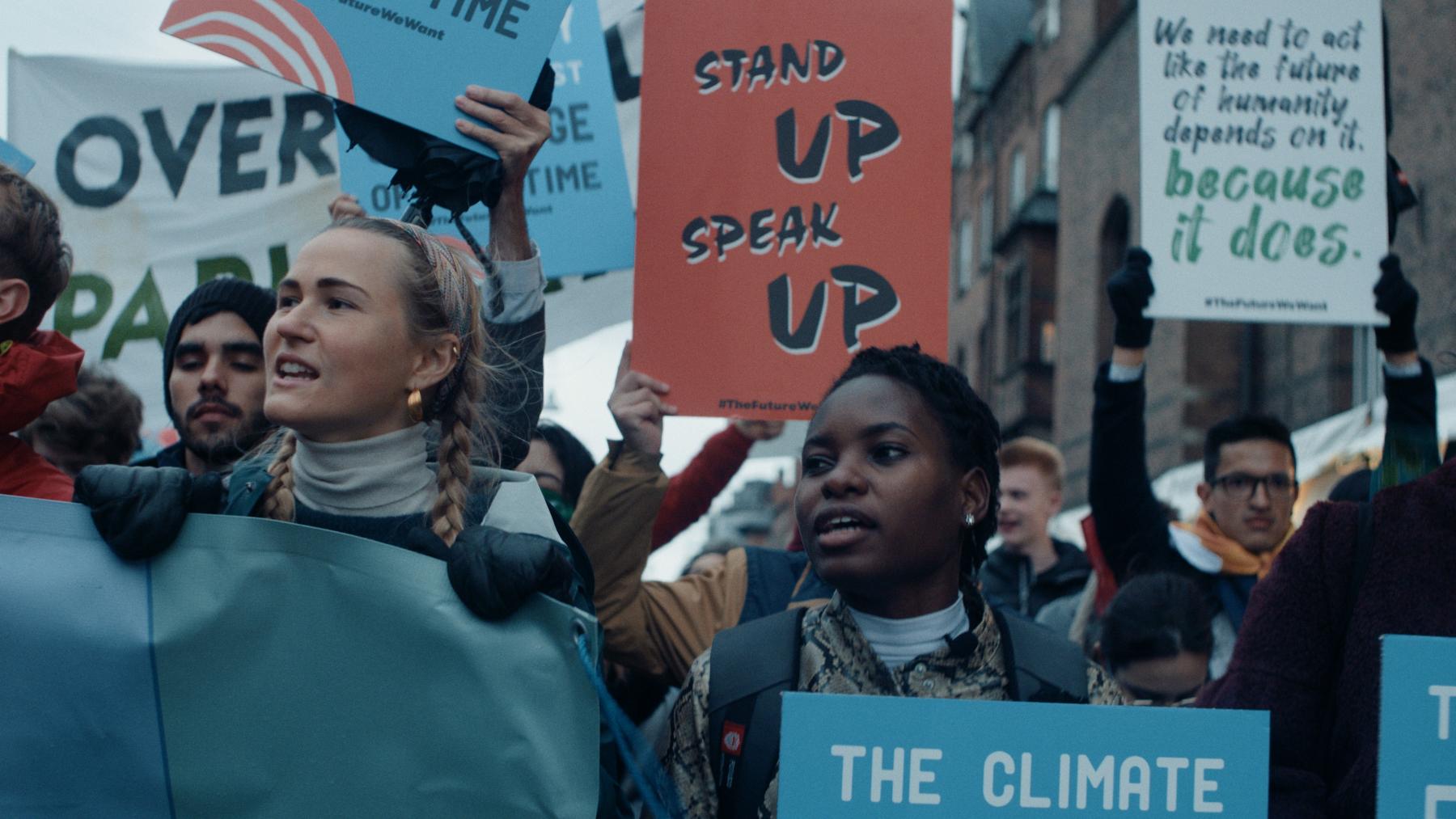
Protests in Uganda.
The documentary footage of protests, the speeches and snippets from the activists' lives from Hong Kong, Chile and Uganda foreground stories of failure, memories of resistance and imaginations of hope. Depending on whether the working class, the climate activists or the students are at the forefront, the movements surely vary from one another in their processes and impacts. And yet, the intersecting concerns of state-sponsored violence, structural inequalities and forms of discrimination keep reverberating through these different contexts. The film does not only trace the mass protests or document the activists’ voices, it also lends an ear to how activism is reshaping the everyday lives of these youth, and their interactions with the communities around them. As the camera moves from one protest to another and from one country to another, we realise how the injustices of our pasts continue to shape the repressions of our present. We also realise how this young generation are persistently learning from the old methods of protests and resistance. They are trying to devise new strategies for fighting the challenges of the present, as a means to ensure a better future for all.
To learn more about the films that screened at the 2022 edition of the Dharamshala International Film Festival, please click here, here, here, here and here.
All images from Dear Future Children (2021) by Franz Böhm. Images courtesy of the director and Dharamshala International Film Festival.




